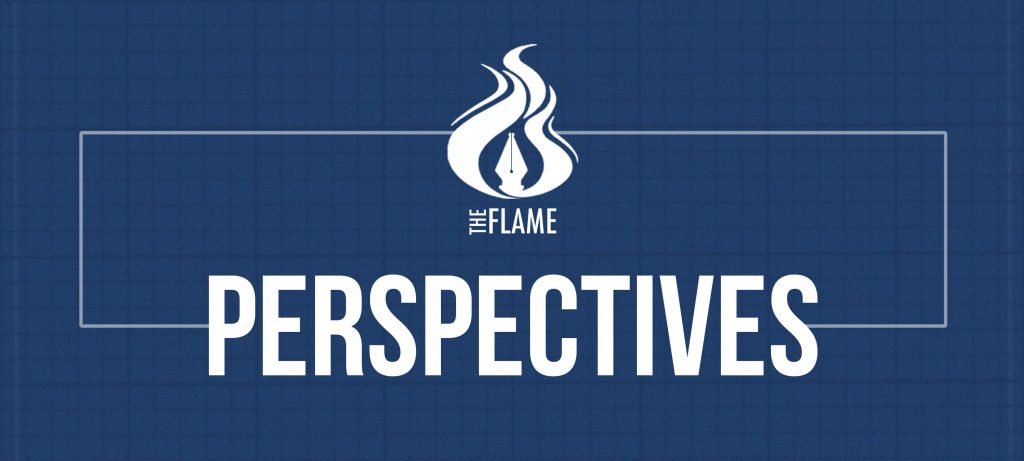By FATE EMERALD M. COLOBONG
THOUSANDS HAVE been killed in President Rodrigo Duterte’s war on drugs while tens of thousands of others have been thrown into jail to live under unbearable living conditions and unshakeable ghosts of uncertainty.
According to a report by Inquirer, in Bureau of Jail Management and Penology (BJMP) jails alone, congestion rates go as high as 612 percent nationwide.
The BJMP blames the worsening jail congestion on the spike in arrests, inmates’ ineligibility to pay the bond, and slow movement of criminal cases, among others.
However, during my internship where I had the chance to witness the jail congestion at the Quezon City Jail and interview inmates arrested because of involvement with illegal drugs, a number of them claimed that they were framed by the police to boost the Philippine National Police’s arrest numbers. They added that the prospect of unattainable justice only worsened their condition.
A certain story of an inmate named Gani, 56, a car mechanic, struck me. He was arrested while on his way home from work after getting accused of using and selling illegal drugs just because he knew the person that the police officer was looking for. Policemen brought him in together with other suspects to the police station. He said they were forced by police to drink something that tasted bitter and left their throats dry.
Gani said they were drug tested afterwards and were sent to jail regardless of the result. Asked if he was using drugs, the car mechanic answered: “No, only beer.” Another inmate interviewed separately seconded the frame-up claim, but at a different police station.
What appalled me more was that, according to Gani, another reason policemen arrested them was because they were skinny—a common trait among drug users.
To ease congestion, the BJMP has adopted a recent Supreme Court framework called plea bargaining that will allow small-time drug suspects to cut their jail time by undergoing rehab instead.
For the BJMP, this may be a solution, but for inmates, this was a freight train—they were railroaded to plead guilty for a crime they did not commit.
Further, they said they must also refrain from getting tattoos and maintain a “clean look” because judges “do not like” tattooed inmates and often give verdicts based on an inmate’s physical appearance according to an advice a lawyer gave them.
This does not mean I am taking the side of those suspected of involvement with illegal drugs because I acknowledge the problem in such an act. However, this is not something one can overlook just because they were the words of an inmate. Simply because we could not see something does not mean it was not there.
More than just jail congestion, this issue, for me, is more about a justice system that is seemingly selective and prejudiced against suspected drug users or sellers.
There was a time when I assumed justice was truly just, that jurors would assume a person innocent until proven guilty. But prejudice is exactly the opposite: it judges before the evidence is presented.
So, if you shake the hand of an inmate, you may want to think twice if his or her hand is trembling from meth withdrawal because maybe it is simply trembling from abject terror at a justice system that he or she does not trust. F




